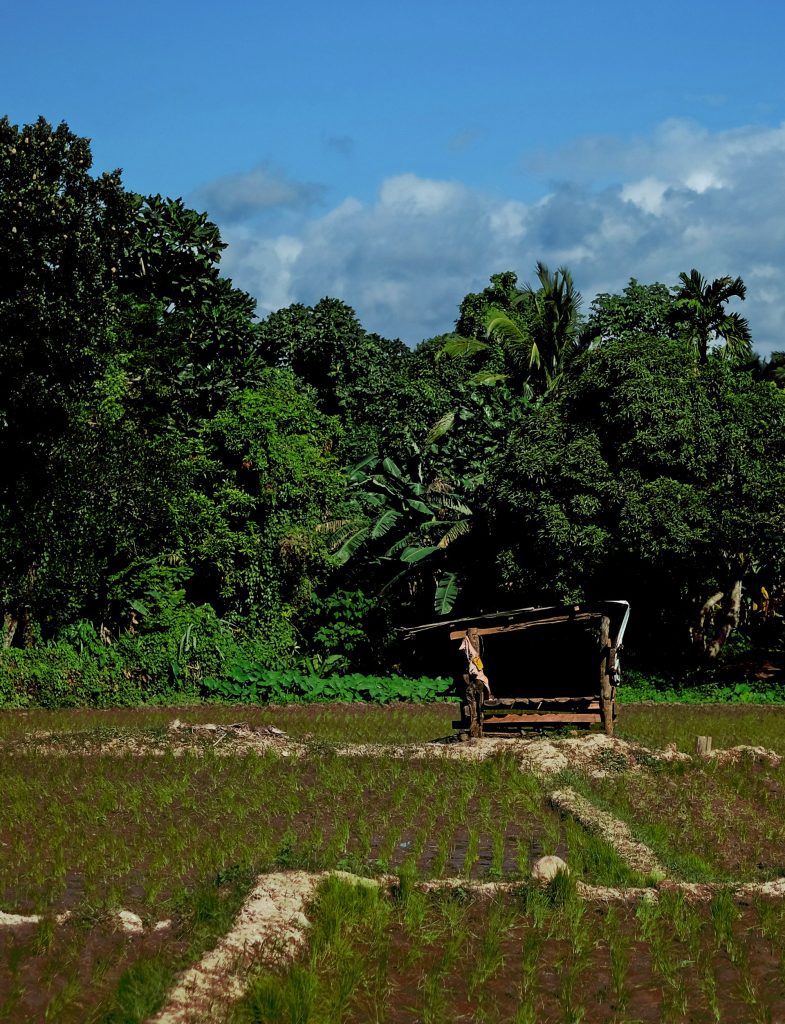Empowering Collective Futures and Action in the Philippines

By: Carlo Lopa, NGFP 2023 Fellow
Today, we find ourselves surrounded by systems that perpetuate inequality in power. In these conditions we are told to simply sit back and let the “professionals” handle everything. They then determine how we should act, what our taxes will pay for, and generally what our future will look like. However, I question these conditions because our interests are rarely put forth by those who are in power. Instead, they further their own interests and put us in a position where only they get to decide what our futures will look like.
As a response to these conditions, my project aims to empower individuals and collectives who traditionally lack agency in determining their futures. How in particular? Well I want them to find their collective strength with each other by first helping them realise that they are experiencing similar struggles and pains. Then, help them move past their issues by prompting them to imagine a more desirable future that they can strive towards. After finding this collective desire for a better world, then they will be in a better position to make decisions. Rather, they would have built a collective stance on what they want their future to look like, and actively prevent others from imposing what they want instead.
This is precisely what we have been doing with the barangay people’s council of Naga City, Philippines. In the last three months, we have been using foresight methods to understand their common struggles, collectively imagine a desired future for the city, and formulate an agenda or strategy to achieve it. As a result, they have developed a five-year agenda plan that they aim to lobby for and present to the city in the coming months. They have also created project ideas to address community issues, with plans to secure funding and implement them in the coming years.
Besides these outcomes, they have also empowered themselves in two ways. First, the members of the people’s council realised that, because they share similar problems, it is important to work together rather than in isolation. In fact, many of them have shared that they “no longer feel alone” and have been advocating among themselves the need to act collectively. Second, before our engagement, some of them felt that their problems would never be solved. However, after envisioning a desired future and formulating a strategy to achieve it, they now have a direction to strive towards. One of them even said something along the lines of “before, I thought our problems would never be solved, but now there seems to be a way.”
Moving forward, I hope to see the people’s council put their agenda into action and I will monitor their efforts regularly. In addition, my next steps include reevaluating and tweaking the Collective Foresight framework that we used as our overarching method. For instance, I want to add and subtract steps that may be redundant. This way, I can develop a toolkit that they can easily follow and utilise even after our engagement. Then, separately I also want to integrate new methods into the framework after learning about my co-fellow, Estefania Simon-Sasyk, and her efforts to transform stakeholder engagement by using food preparation as a way to cultivate candid discussions about shaping collective futures.
All in all, I am eager to help people recognise their agency in determining the future of our common spaces. Together, we need to find strength in one another and reimagine unjust systems that continue to disempower us one by one. If you want to learn more or maybe even collaborate in the future, I am open for a chat! Email me at lopacarlo04@gmail.com or follow my instagram account: carlolopa where I post occasional snippets from the workshops.